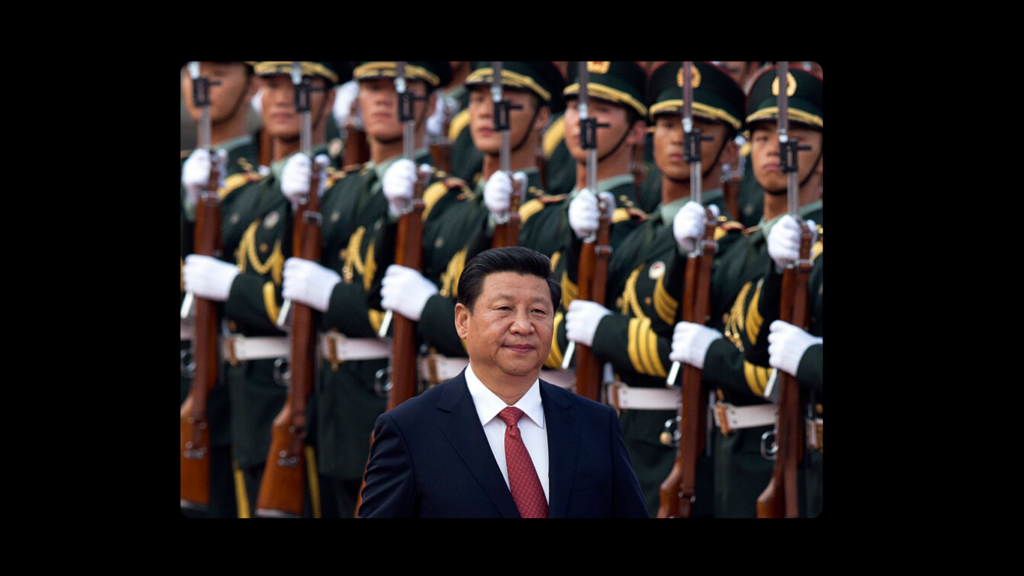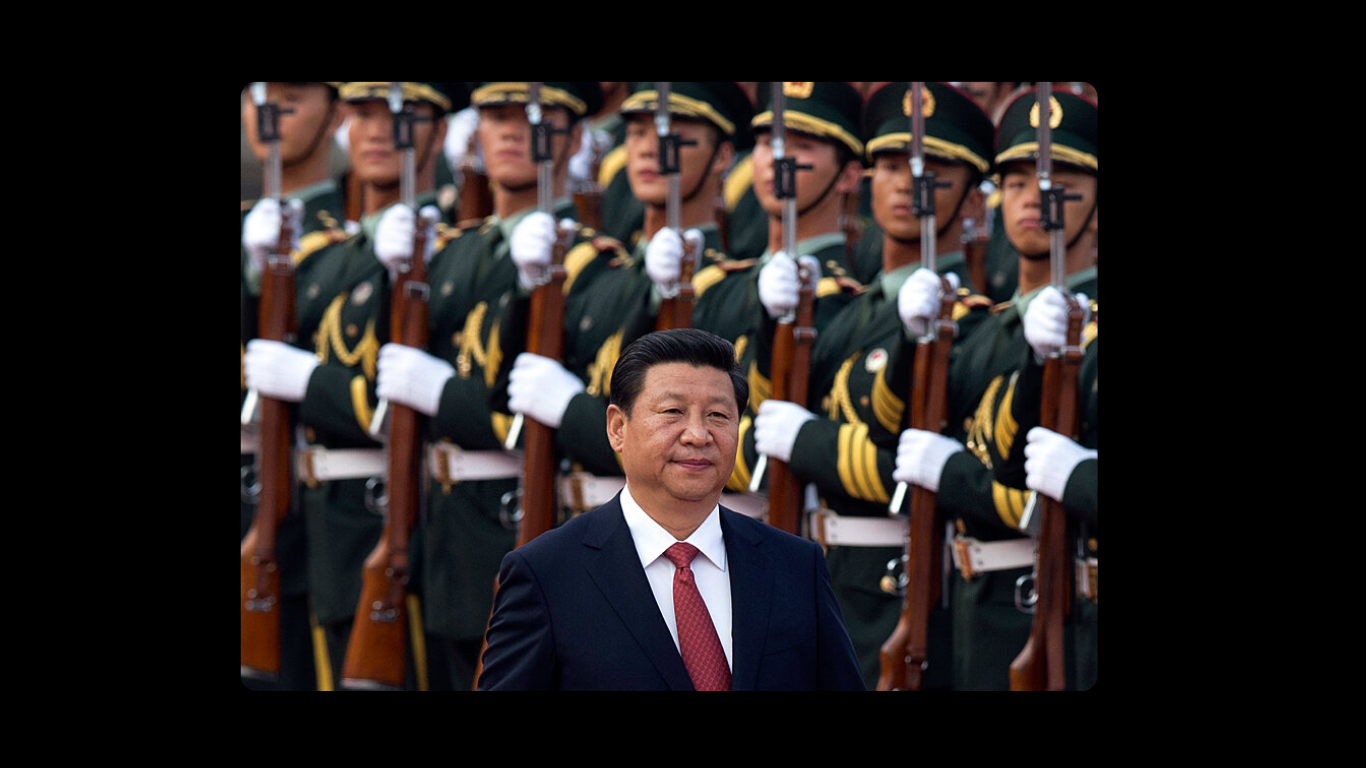Australian distributors and retail buyers sourcing house brand products from China should prepare for potential mobile phone searches on their next visit. Starting Monday, Chinese national security authorities have given border security forces greater power to inspect smartphones and other electronic devices. This move has sparked concerns that foreigners will face such inspections upon entering the country.

Currently, hundreds of Australian companies regularly send staff to China for business or to attend trade shows. Under the new Chinese espionage law, border forces can inspect baggage and electronic devices merely on suspicion of espionage. Operational guidelines now allow authorities to examine phones and personal computers by showing a police ID or other identification, even on the street or in hotels.
Fear is spreading on social media that foreigners will be subjected to these inspections, with media personnel particularly at risk if they report “negative stories.” Recently, Chinese officials tried to block a Sky News journalist at a press briefing attended by Chinese Premier Li Qiang, despite the journalist’s prior registration.
Since a 2014 espionage law was enacted, Chinese authorities have detained several foreigners, with five still awaiting release. Nikki Asia reports that China is mobilizing its entire population to expose spies, with every province implementing new policies to this effect. Media affiliated with the Chinese Communist Party reported that cities like Shanghai and Chongqing, along with provinces such as Yunnan and Anhui, held national security meetings in May and June, organized by local party leadership.
Han Jun, the Communist Party secretary of Anhui Province, called for enhanced big data monitoring and analytics to combat espionage. In Chongqing, officials pledged to “ensure political security and prevent the infiltration of hostile forces.”
In June, the State Security Ministry sent officials to Beijing schools, from elementary to universities, to lecture on national security. Concerns about security risks from advanced technologies, including artificial intelligence, are growing. New laws now require Chinese citizens to report any spying they encounter.
An investigation by ABC and The Guardian revealed that Chinese border police are secretly installing surveillance apps on visitors’ phones and downloading personal information. This is part of the government’s intensive scrutiny of the Xinjiang region, accused of using slave labor to manufacture appliances for companies like ChiQ. The government has restricted freedoms in Xinjiang, installing facial recognition cameras on streets and in mosques and reportedly forcing residents to download software that searches their phones.
Chinese nationals living abroad who visit friends, relatives, and suppliers in China are also facing increased scrutiny. The investigation found travelers targeted when entering the region, fearing they might report what they see. Officials reportedly use glasses equipped with cameras linked to smartphones connected to global databases.
Businesses and individuals traveling to China should be aware of these developments and prepare for the possibility of their electronic devices being inspected. This heightened scrutiny reflects China’s broader efforts to strengthen national security and prevent espionage.

Subtly charming pop culture geek. Amateur analyst. Freelance tv buff. Coffee lover
